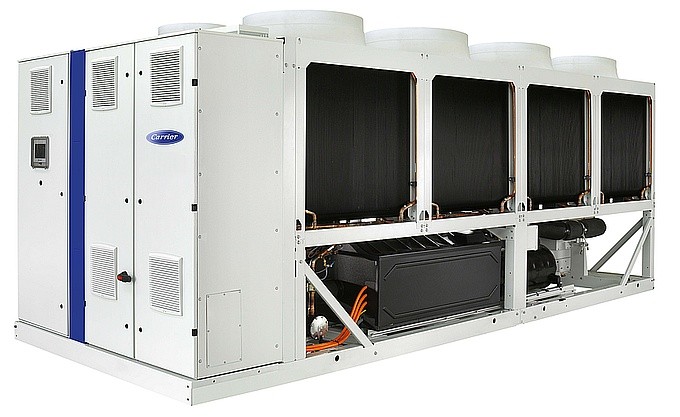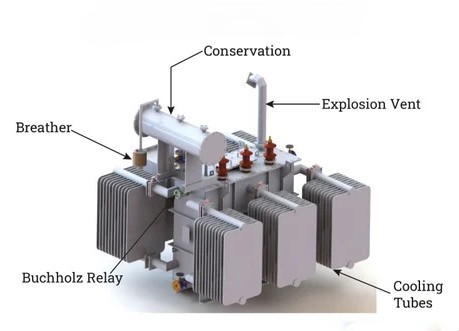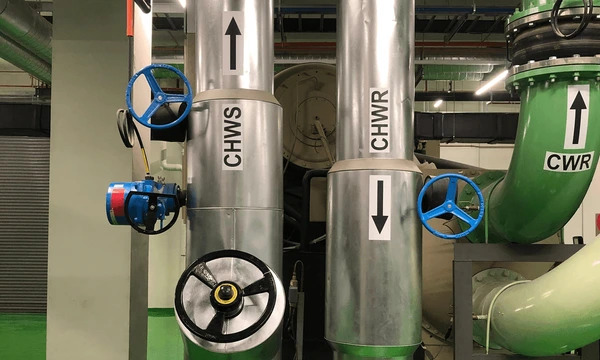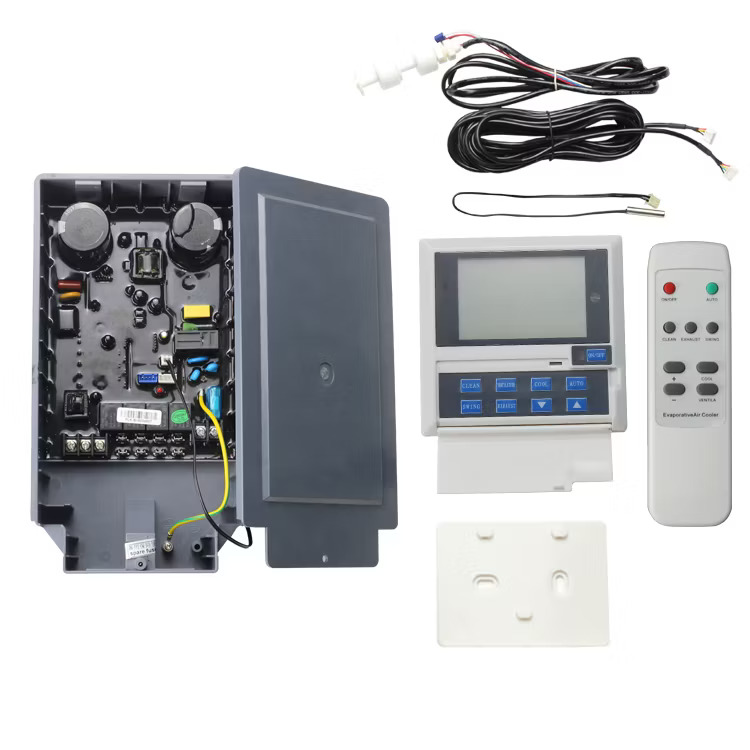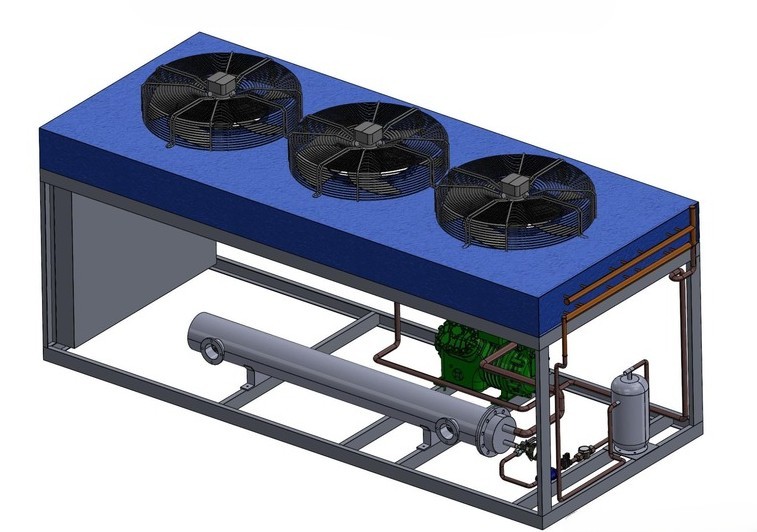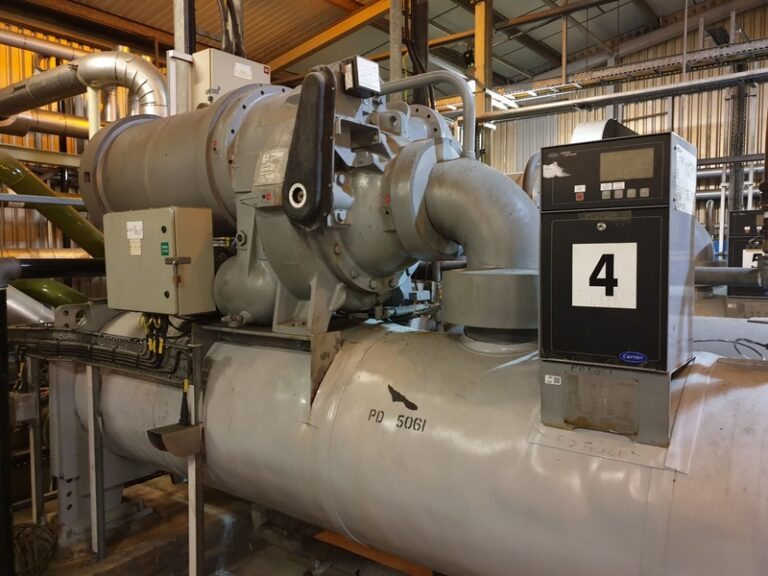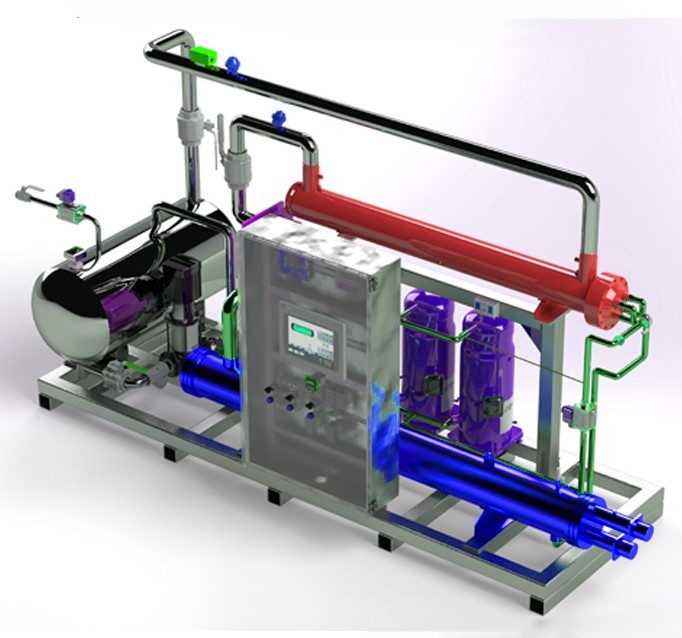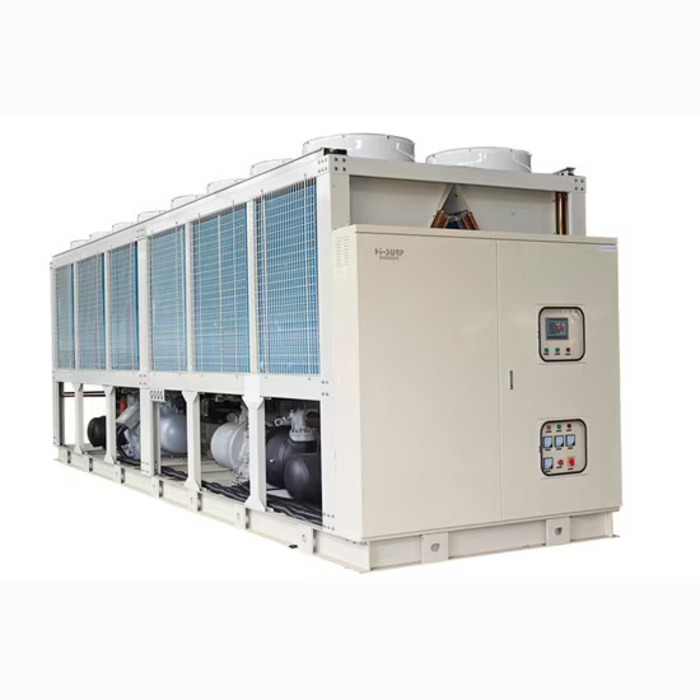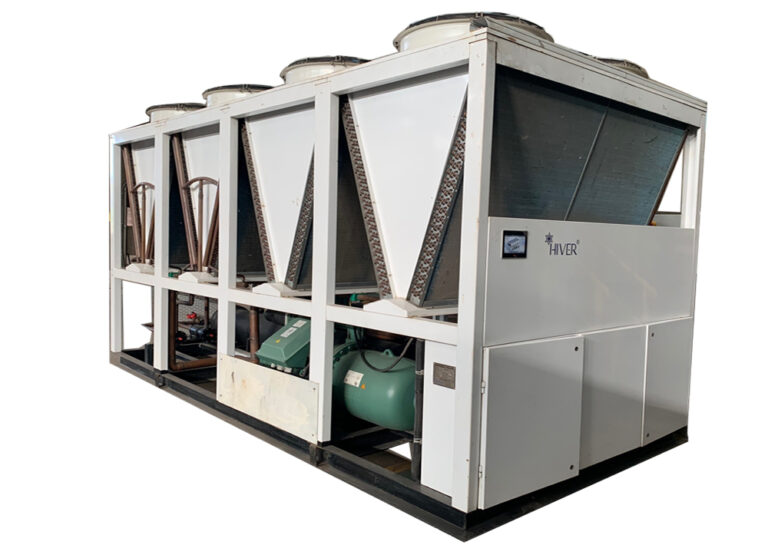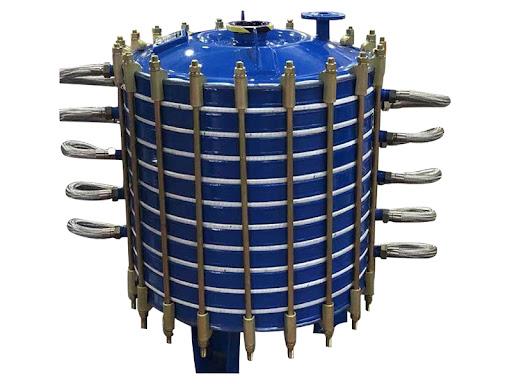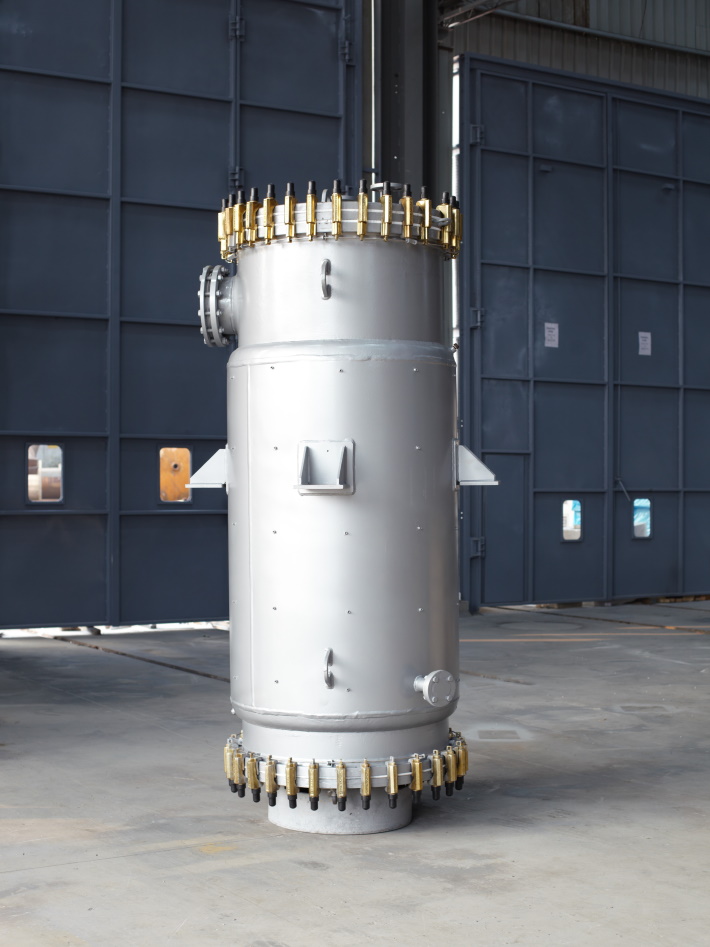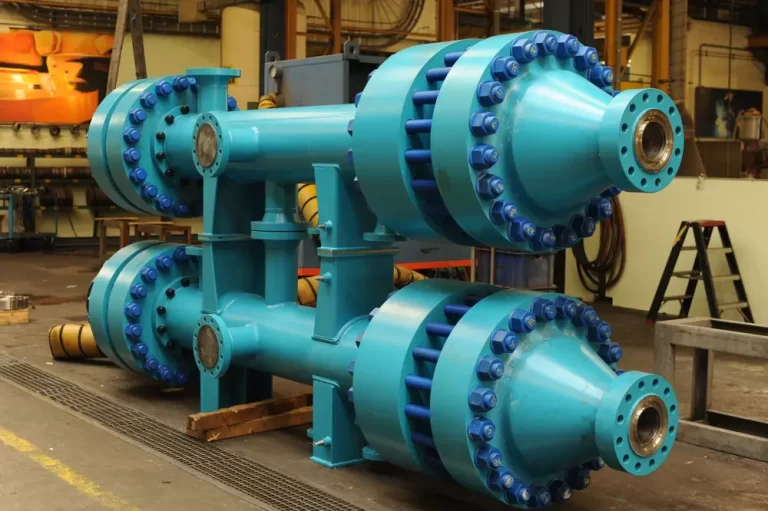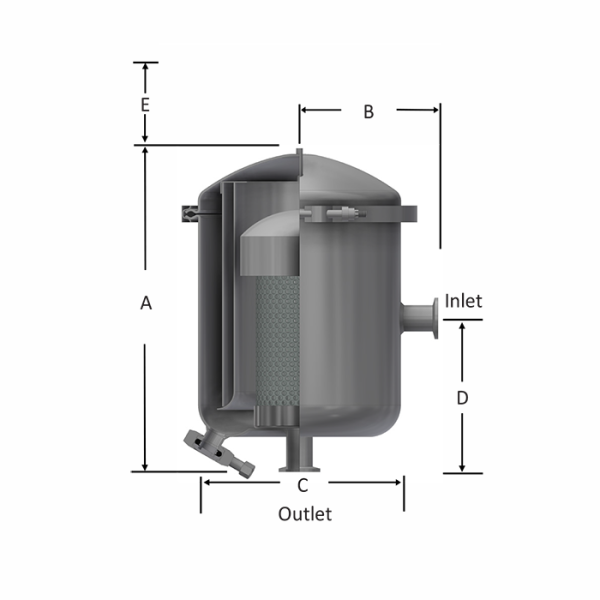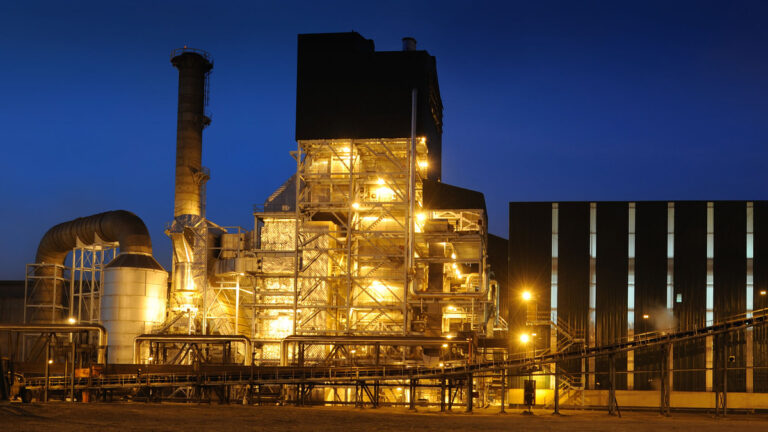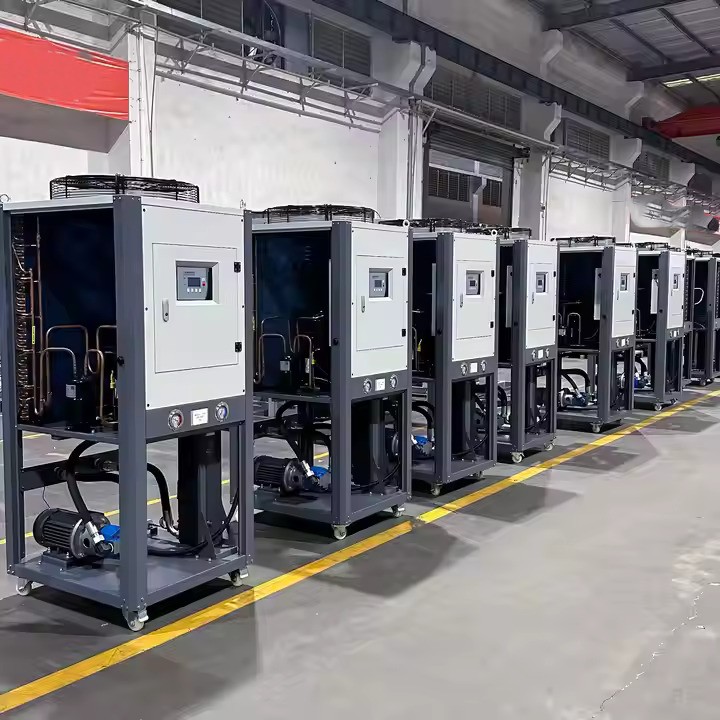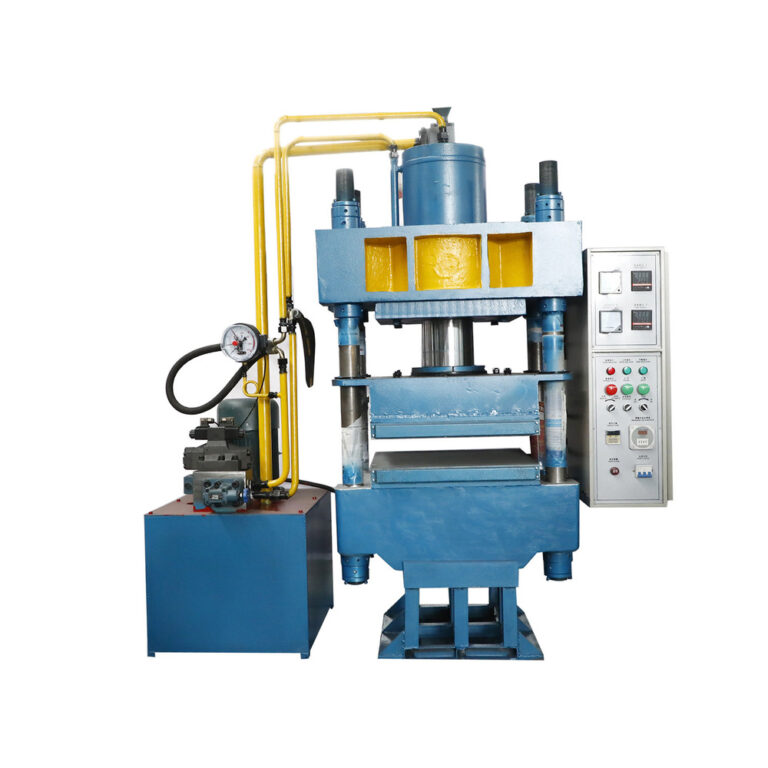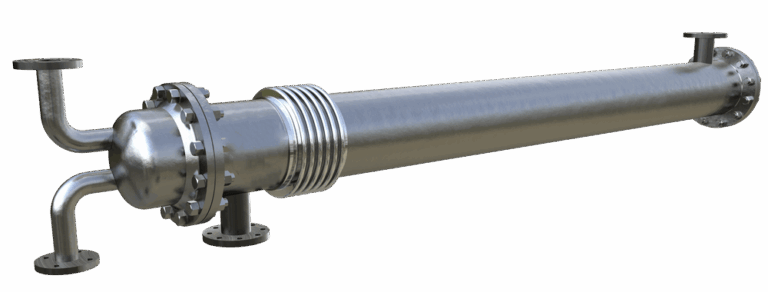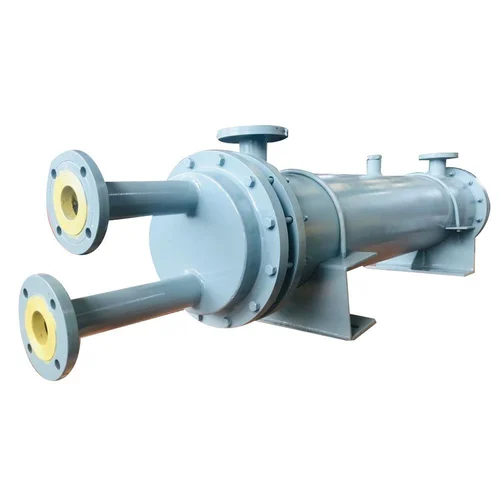Refrigerant used in water-cooled chiller systems is the vital working medium that enables the entire cooling process. It is the substance responsible for absorbing heat from the chilled water loop and transferring that…
Cooling Mechanism of Water Cooled Chiller
Cooling mechanism of water-cooled chiller systems plays a vital role in industrial and commercial refrigeration by efficiently extracting unwanted heat from processes or environments and rejecting it using water-based heat transfer. Unlike air-cooled…
Energy Efficient Water Cooled Chiller
Energy Efficient Water-Cooled Chiller is a highly optimized refrigeration system designed to remove heat from a process or building by using water as the cooling medium for the condenser side. Unlike traditional systems…
Variable Speed Air Cooled Chiller
As the global focus shifts toward energy efficiency and smart infrastructure, cooling systems must evolve beyond conventional designs. The Variable Speed Air Cooled Chiller is one of the most advanced solutions that addresses…
Air Cooled Electrical Components
The electrification of industries, rise in IoT-enabled devices, and demand for high-performance electronics have led to compact, powerful, and densely populated electronic assemblies. However, this advancement comes with a major challenge: heat generation.…
Air Cooled Piping and Valves
When we think of air cooled cooling systems, we often picture large fans, robust compressors, or aluminum condenser fins. However, behind this high-performance hardware lies a silent hero: the network of piping and…
Air Cooled Control System
In modern cooling systems, especially in air cooled chillers, efficiency isn’t achieved by hardware alone—it’s the intelligent control system that orchestrates the entire process. Often overlooked, the Air Cooled Control System plays the…
Air Cooled Chiller Fans
Air cooled chiller fans are far more than mechanical blowers. They are the driving force behind heat rejection in the system. Without properly functioning fans, even the most advanced chiller system would fail…
Air Cooled Chiller Expansion Valves
In the world of HVAC and industrial cooling, air cooled chillers are widely adopted due to their versatility, easy installation, and lower maintenance requirements compared to water-cooled systems. These systems are integral to…
Evaporators in Air Cooled Chiller
The evaporator is where the actual cooling happens — it’s the interface between the process fluid (usually water or a water-glycol mixture) and the refrigerant. As the refrigerant evaporates by absorbing heat from…
Air Cooled Chiller Condenser Coil
In an HVAC system, cooling is not just about lowering temperatures; it’s about controlling and rejecting unwanted heat. In air-cooled chillers, that vital task is handled by the condenser coil — a core…
Compressor Used in Air Cooled Chiller
Modern compressors are far more than mechanical pumps. With the convergence of smart controls, variable-speed technology, advanced materials, and eco-friendly refrigerants, compressors have transformed into intelligent, high-efficiency machines that directly influence the energy…
Components of Air Cooled Chiller
Air-cooled chillers have become an indispensable part of modern cooling systems used in industrial plants, commercial buildings, data centers, and many other applications. Unlike traditional water-cooled chillers that rely on water circulation and…
Refrigerant Used in Air Cooled Chiller
In any air-cooled chiller, the refrigerant is the core element responsible for absorbing heat from the chilled water or process fluid and then releasing that heat into the ambient air. Essentially, it is…
Cooling Mechanism of Air Cooled Chiller
Modern air-cooled chillers are not only mechanical workhorses—they are also high-tech systems embedded with smart sensors, eco-friendly refrigerants, and energy-optimizing components. Exploring the cooling mechanism helps us appreciate the innovation behind the scenes…
Energy Efficient Air Cooled Chiller
Traditionally viewed as a simpler, more compact alternative to water-cooled systems, air-cooled chillers have evolved dramatically over the last decade. Today’s energy-efficient air-cooled chillers are no longer just basic machines mounted on rooftops.…
Characteristics of Air-Cooled Chillers
Air-cooled chillers are an integral component of many modern cooling systems, offering a reliable and efficient solution for a wide range of industrial, commercial, and institutional applications. Unlike water-cooled chillers, which rely on…
Glass Lined Heat Condenser
Introduction Glass Lined Heat Condenser is a specialized type of heat exchanger used for condensing vapors into liquids, particularly when handling highly corrosive, toxic, or ultra-pure substances. These condensers are commonly used in…
Glass Lined Heat Exchanger
Introduction Glass lined heat exchangers are most commonly used in the chemical, pharmaceutical, agrochemical, and food processing sectors. Their glass coating, typically made from borosilicate or enamel glass, resists attack from acids, alkalis,…
Well Testing Heat Exchangers
Introduction Heat exchangers are critical components in many industrial processes, responsible for transferring heat efficiently between two or more fluids without mixing them. Their performance directly impacts energy efficiency, operational safety, and process…
Vapor to Liquid Condenser
vapor to liquid condenser is a critical thermal device used in various industrial systems to transform vapor (gas) into liquid by extracting the latent heat of vaporization. This phase-change process is fundamental to…
EPC for Chemical Plant
The construction of a chemical plant is a highly complex and technically demanding task that requires meticulous planning, expert execution, and a deep understanding of chemical processes. EPC (Engineering, Procurement, and Construction) contracts…
Hydraulic oil chiller for CNC
Introduction Hydraulic systems play a vital role in the operation of CNC (Computer Numerical Control) machines, providing the necessary power for precise movements and operations. However, maintaining the optimal temperature of the hydraulic…
Rubber molding press cooling system
Introduction In the precision-driven world of rubber molding, maintaining consistent mold temperatures is crucial to ensuring high-quality, defect-free products. A dedicated rubber molding press cooling system plays a pivotal role in enhancing cycle…
Multi-pass Industrial Heat Exchanger
Introduction In various industries where heating and cooling processes are essential, heat exchangers play a vital role in transferring heat between two fluids without mixing them. Among different types, the multi-pass industrial heat…
Tube Oil Coolers
Introduction Tube oil coolers are integral components in maintaining optimal performance in a variety of industrial systems, marine applications, and engine cooling processes. These coolers efficiently manage the temperature of oils by transferring…




